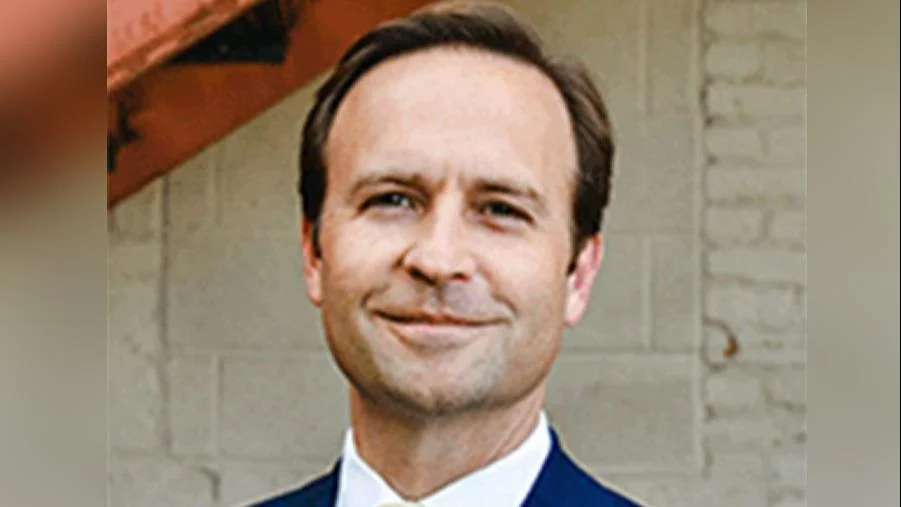Brian Calley President and Chief Executive Officer at Small Business Association of Michigan | Official website
Brian Calley President and Chief Executive Officer at Small Business Association of Michigan | Official website
The Michigan Supreme Court is considering a case that could impact the state's ability to investigate drug manufacturer Eli Lilly & Company over insulin pricing and potentially restore broader consumer protection powers under state law.
Attorney General Dana Nessel has asked the court to overturn two previous rulings, Smith v. Globe Life (1999) and Liss v. Lewiston-Richards (2007), which limited the reach of the Michigan Consumer Protection Act (MCPA). These decisions have meant that businesses or industries regulated by a state or federal agency are largely exempt from MCPA oversight, even in cases involving allegations of unfair or deceptive practices.
Nessel contends these rulings misinterpreted what was intended as a narrow exemption, resulting in significant restrictions on the state's ability to address issues like prescription drug pricing. “Eli Lilly has relied on these past Supreme Court decisions that twist a narrow exemption into something far too broad,” Nessel said in a statement. “The Michigan Consumer Protection Act is supposed to protect consumers, but instead it often shields many corporations from any real accountability.”
The Attorney General began investigating Eli Lilly for possible insulin price gouging in January 2022. However, an Ingham County judge ruled later that year that the MCPA did not apply because insulin sales are regulated by the U.S. Food and Drug Administration—a decision upheld by the Michigan Court of Appeals.
During Tuesday’s hearing before the Supreme Court, Assistant Attorney General Darrin Fowler argued that prior precedents had expanded exemptions beyond their original intent and weakened consumer protections. On behalf of Eli Lilly, attorney John O’Quinn maintained that reversing established precedent would be inappropriate. “Whatever you think of Smith when it was originally decided, this Court has to grapple with the fact that the exact same language has been re-enacted multiple times,” O’Quinn told justices.
The case is also being watched closely by lawmakers such as Senate Majority Floor Leader Sam Singh (D-East Lansing), who introduced legislation aimed at strengthening consumer protections by removing regulatory exemptions from the MCPA. “For too long now, Michigan’s worst-in-the-nation consumer protection laws have left residents vulnerable to exploitation and fraudulent business practices,” Singh said. “While it’s my hope that the outcome of this case sets the dial in the right direction, we must also change the laws on our books.”
Singh's bill (SB 134) seeks to eliminate exemptions created by previous court decisions, grant new investigative powers to the Attorney General, establish funding for enforcement and education efforts, and increase penalties for violations affecting elderly or vulnerable adults. The bill passed in the Senate and awaits consideration in the House.
A decision from Michigan's highest court is expected within months.






 Alerts Sign-up
Alerts Sign-up